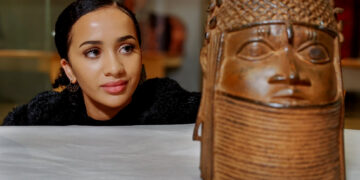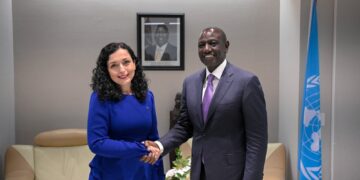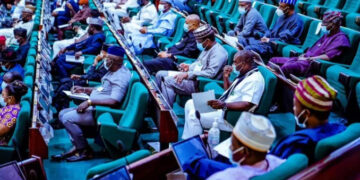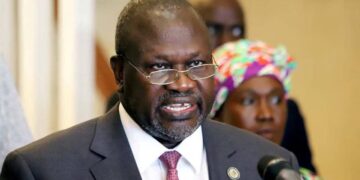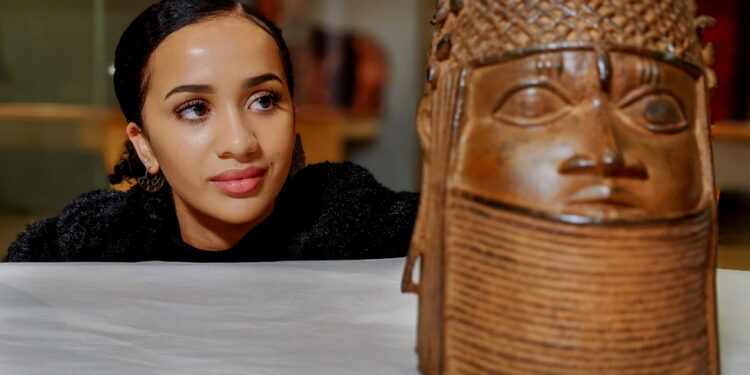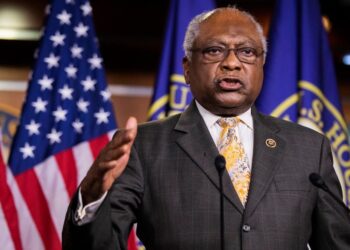Barring any last-minute upset of a perfect plan, Benin Bronzes – thousands of brass, bronze and ivory sculptures and carvings – looted during colonialism from what is now Edo State, in southern Nigeria, will return home.
Stolen by British soldiers and sailors in 1897, most of the artefacts have been kept in private collection and Western museums.
Decades of efforts launched by Edo kings – the obas – to recover their stolen heritage proved abortive as museums including the British Museum also struggled to justify the legitimacy of their looted collection.
Even when a few concerned activists in the west lent their voices to calls for restitution, western curators argued that Africa lacked the resources to look after its treasures, adding that Western museums had no moral obligation to repair any damage inflicted during decades of colonialism.
Thanks to the recent Black Lives Matter protests which set European museums on the back foot, Nigerian politicians have another golden opportunity to seal the fate of the famous Benin Bronzes.
The recent electoral victory and inauguration of Governor Godswill Obaseki have solidified the hopes of restitution which he is a significant champion of.
Since 2017, Governor Obaseki has been working with the Benin Dialogue Group, which brings together the current oba, the Nigerian government and museums in Germany, the Netherlands, Sweden and the UK (including the British Museum) – on a compromise plan for some Benin Bronzes to return to Nigeria.
The plan – which was threatened by electoral uncertainty of Obaseki fate in the recent governorship elections – will see Benin City, the capital of Edo state, host a new Benin Royal Museum.
European museums will take turns to lend (although some may donate) a few hundred Benin Bronzes up until Edo people are reunited with a significant part of their cultural patrimony.
Governor Obaseki is a significant player in the negotiations, thanks to hiring Anglo-Ghanaian architect, Sir David Adjaye, designer of the acclaimed National Museum of African American History and Culture in Washington DC.
Sir David’s profile and vision – he wants the new museum to be “the jewel in the ring” of a wider cultural reinvigoration of Benin City – has impressed European curators.
Phillip Iheanacho, an old friend to both Mr Obaseki and Sir David, is in charge of fundraising. He too has wooed the Europeans.
It seems the stars have aligned. A committed Nigerian governor has attracted a famous architect and credible fundraiser, and the Europeans are on board.
Credits to this article go to former BBC Nigeria correspondent Barnaby Phillips. His book Loot; Britain and the Benin Bronzes will be published in early 2021
